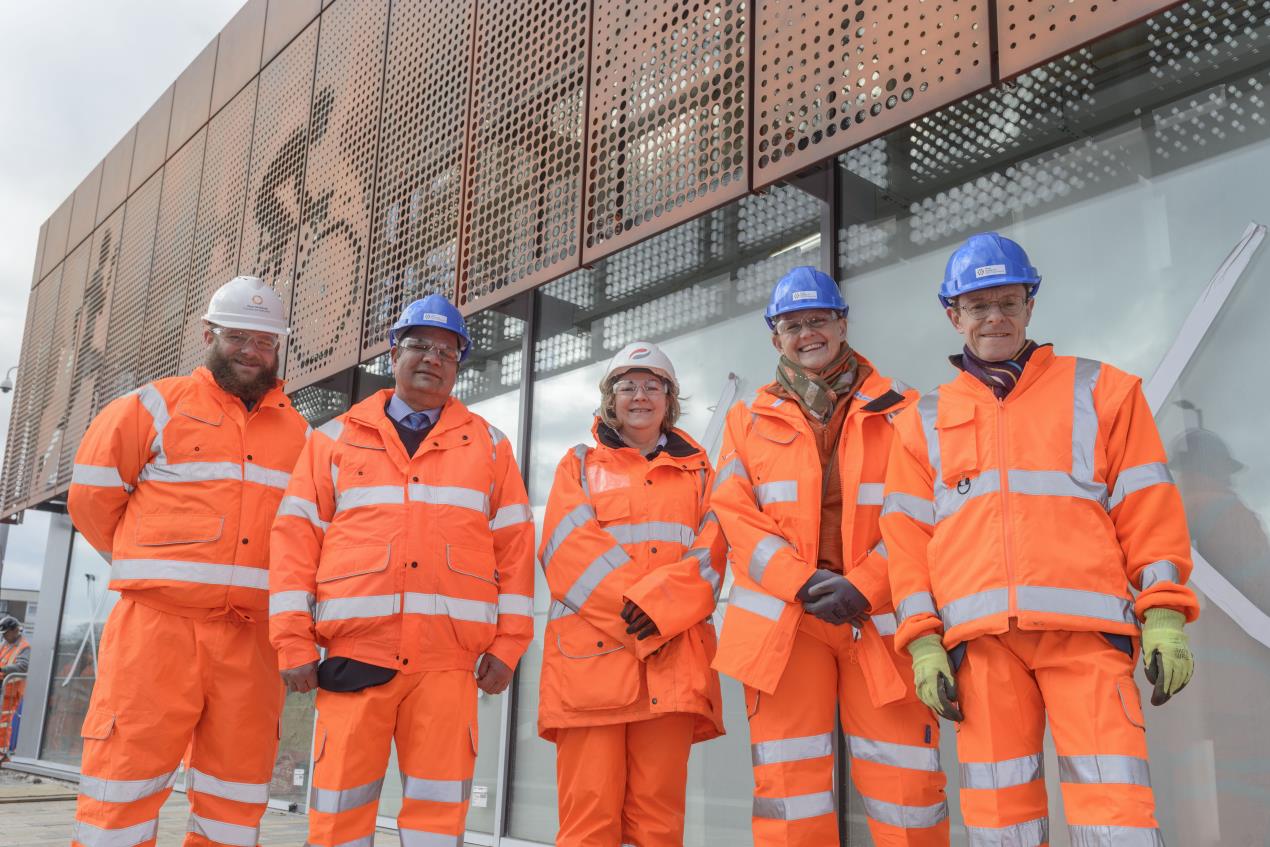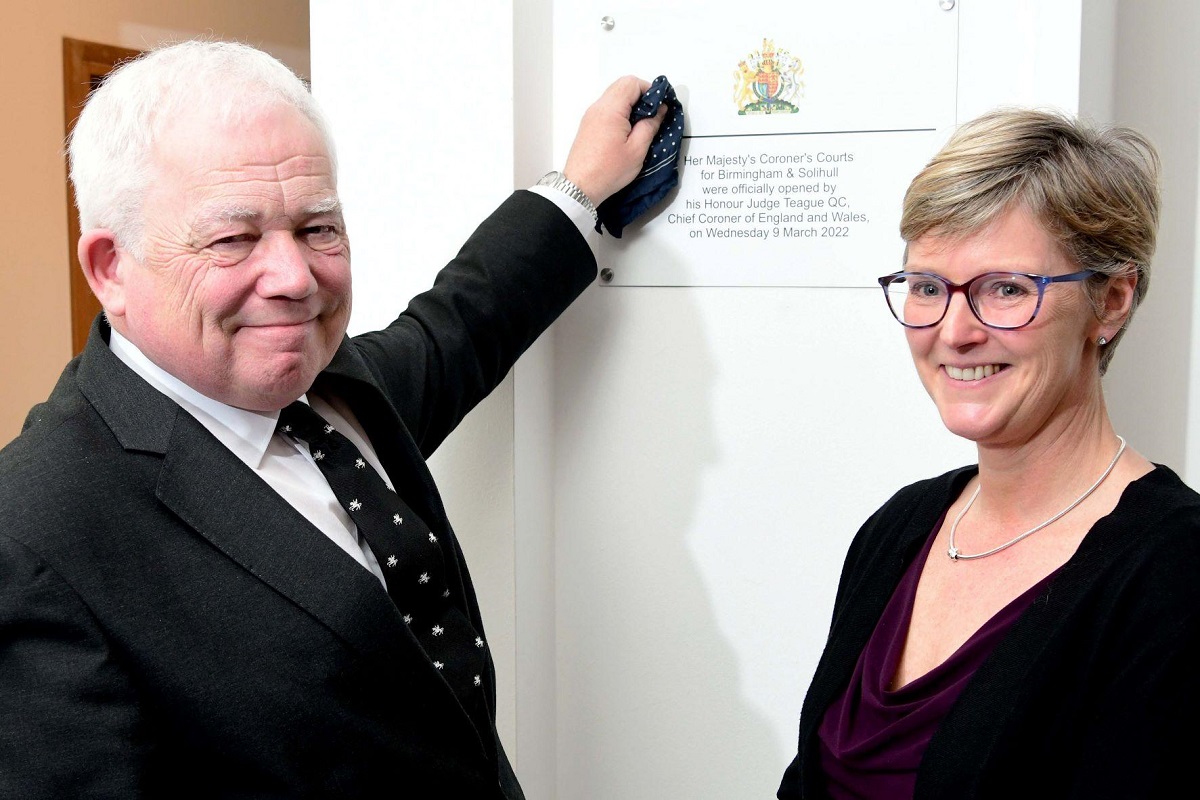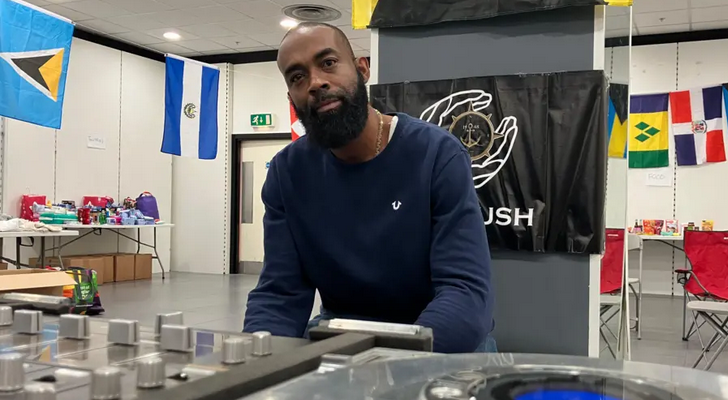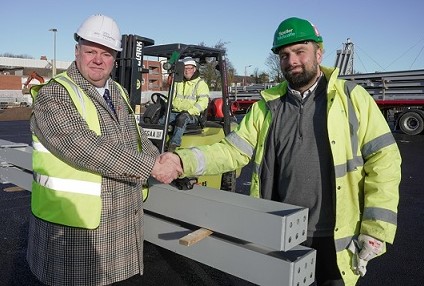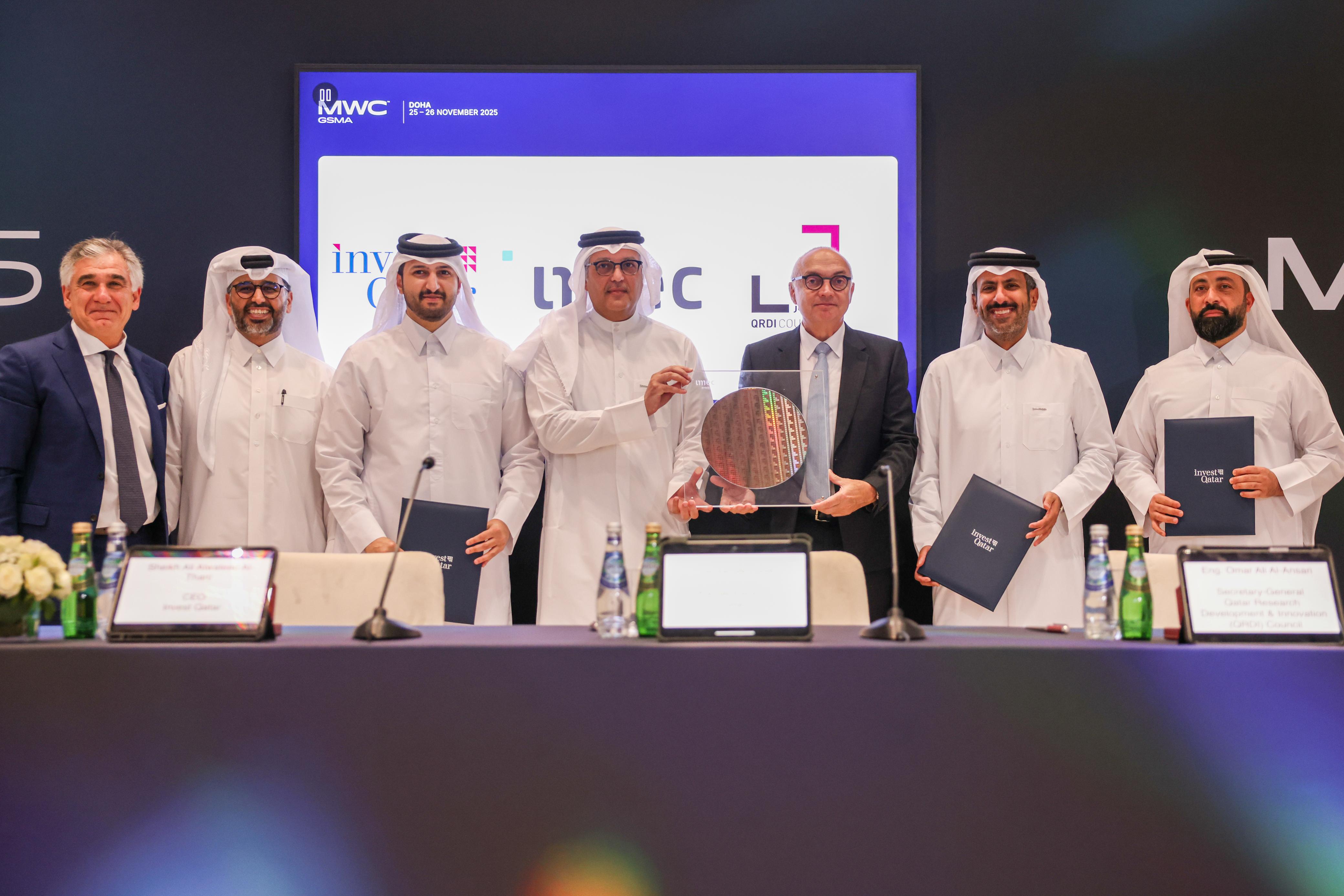Brits drain savings with nearly a third turning to funds to make ends meet
A new study of 1,000 UK adults, from digital financial coaching app Claro Money, has revealed that 28% of Brits are dipping into their ‘rainy day’ funds just to make ends meet when their outgoings rise above their income.
Rather than use their savings funds for goals like luxury holidays, remodelling the family home or a brand-new car, research has found that the rising cost of daily living including food shopping, childcare, petrol, and energy are starting to eat away at Brits’ future finance goals and plans.






